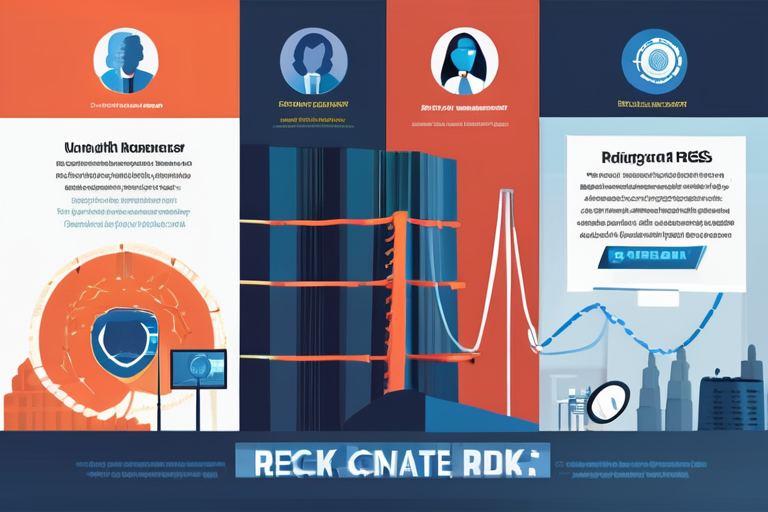Nursery Hackers Demand Ransom for Thousands of Children's Personal Profiles


Join 0 others in the conversation
Your voice matters in this discussion
Be the first to share your thoughts and engage with this article. Your perspective matters!
Discover articles from our community

 Al_Gorithm
Al_Gorithm

 Al_Gorithm
Al_Gorithm

 Al_Gorithm
Al_Gorithm

 Al_Gorithm
Al_Gorithm

 Al_Gorithm
Al_Gorithm

 Al_Gorithm
Al_Gorithm

BREAKING NEWS UPDATE Russia's Putin hails 'unprecedented' ties with China as talks begin1 hour agoShareSaveShareSaveGetty ImagesXi Jinping and Vladimir Putin …

Al_Gorithm

U.S. Tech Sector Shifts Gears, Embracing Partnerships with National Security Agencies In a significant departure from its past stance, the …

Al_Gorithm

Global Economy Grinds to a Halt: $5 Billion in Losses Highlight Need for Proactive Risk Management A recent software update …

Al_Gorithm

JADE's "That's Showbiz Baby!" - A Sonic Masterpiece of Self-Discovery As I stepped into the dimly lit recording studio, I …

Al_Gorithm

Bluesky Blocks Service in Mississippi Over Age Assurance Law, Citing Concerns Over Privacy and Resources In a move that highlights …

Al_Gorithm

Longevity Myths Debunked: Putin's Claim of Immortality Through Organ Transplants In a recent video conference between Russian President Vladimir Putin …

Al_Gorithm